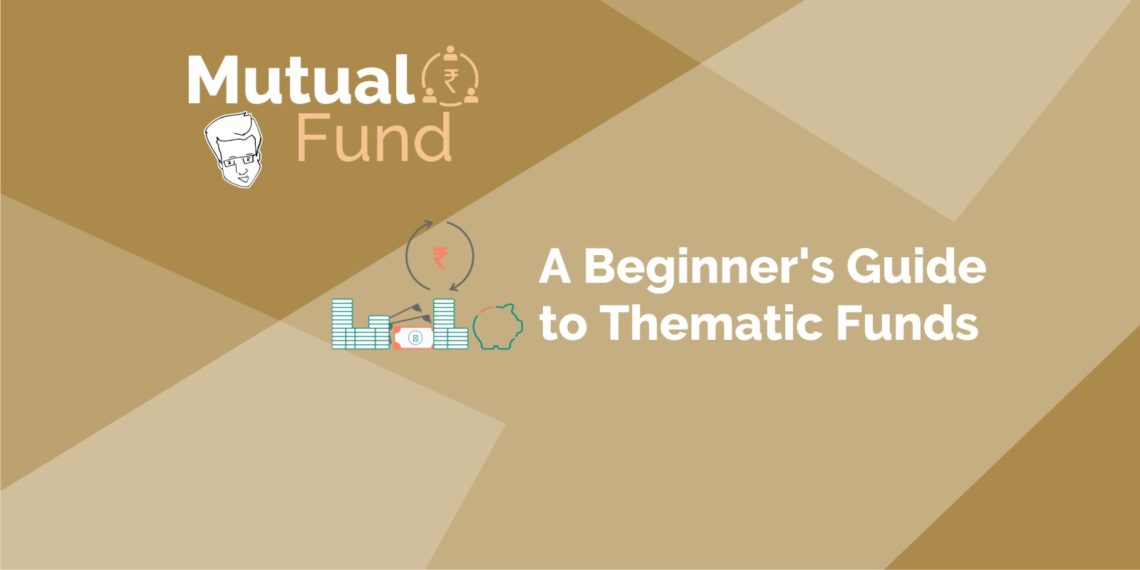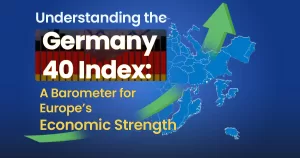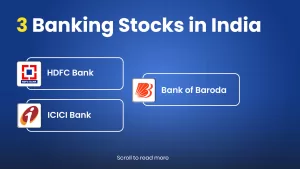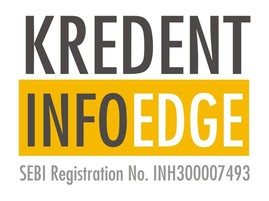Table of Contents
What exactly are thematic funds?
Thematic funds are mutual fund schemes that invest in companies across different sectors based on a common theme.
A ‘theme’ is like an idea that expects certain segments of the economy to outperform or benefit.
For example, during the Covid-19 lockdown, businesses from various sectors were shut down. The only sectors which remained open were a part of essential services like food, healthcare and telecom services. Investments in such sectors during the lockdown would make for a thematic approach to investing.
Similarly, many investors want to invest in American companies operating in the information technology sector such as Google, Microsoft, Apple, etc due to their dominance in the world markets. Such an investment is also following a theme.
According to the Securities and Exchange Board of India, a thematic fund is an open-ended scheme with a minimum investment of 80% in equities and equity-related instruments following a particular theme.
Classification of Thematic Funds:
If you visit the StockEdge app and click on Mutual Fund classes, you will notice Thematic Funds have been segregated into 3 categories.
Thematic Funds Others
This category will contain a list of schemes that invest only in domestic companies. Each fund will consist of stocks following a particular theme. For instance, an ESG fund will include investments in companies that are environmentally friendly and sustainable. Similarly, a Digital India scheme will invest in IT, and Communications focused Indian companies.
Thematic Funds Global
Schemes under this category invest in equities of companies listed both abroad and in India. But they will follow a set theme and invest only in companies that match the thematic criteria. For instance, a global Agri fund would invest in top companies, both domestically and abroad, who are engaged in agricultural businesses.
Thematic Funds MNC
MNC stands for multinational corporations. The theme of such schemes is to invest in companies that have a presence in more than one country. Companies such as Nestle, Microsoft, and Tata Motors are examples of MNCs. An investment in a company such as Hindustan Unilever may also count as a MNC investment as the company is majorly owned by Unilever Ltd.
Difference between Thematic Funds and Sector Funds
Thematic Funds are often spoken about on the same lines as a Sector Fund but there are some stark differences between the two.
Do Read: What are Sector Funds?
While a Sector Fund focuses on investing only in companies that operate in the same line of business, a Thematic Fund may include companies from very different industries. Put simply, a sector fund invests in stocks from one sector, whereas a thematic fund includes investments in companies from varying sectors.
For example, a low-cost housing theme fund would invest in companies from various sectors such as steel, cement, housing finance, and paints.
But a Real Estate oriented Sector Fund would only invest in companies directly associated with real estate development.
Best Performing Thematic Funds from the StockEdge App:
| Scheme Name | AUM (in CR) | NAV | Return % (5Y) |
| SBI Magnum Equity ESG Fund-Reg (IDCW) | 4696.27 | 53.03 | 12.6% |
| Tata Ethical Fund-Red (G) | 1463.48 | 286.18 | 12.4% |
| Nippon India Quant Fund (G) | 35.03 | 43.74 | 12.2% |
| SBI Magnum Comma Fund-Reg (G) | 465.59 | 69.56 | `11.5% |
| Franklin India Opportunities Fund (G) | 679.08 | 123.78 | 10.4% |
Best Performing Thematic Funds Global from the StockEdge App:
| Scheme Name | AUM (in CR) | NAV | Return % (5Y) |
| ICICI Pru US Bluechip Equity Fund (G) | 2370.11 | 45.44 | 15.0% |
| Nippon India US Equity Opp Fund (G) | 524.02 | 22.14 | 12.5% |
| Aditya Birla SL CEF-Global Agri-Reg (G) | 16.94 | 38.56 | 10.8% |
| Aditya Birla SL Intl. Equity Fund-A(G) | 103.85 | 29.45 | 10.5% |
| Aditya Birla SL Intl. Equity Fund-B(G) | 95 | 27.20 | 8.3% |
Who Should Put Money Into Thematic Funds?
- Investors that are looking for high-risk, high-return investment possibilities.
- Mature investors who monitor market trends and take appropriate risks.
- Investors with a higher risk tolerance
How Should You Invest in Thematic Funds?
Before investing, one should ensure that they have a Demat account. One can easily invest in Thematic Funds by using Stockedge. After the investor has thoroughly researched the fund, its fee ratio, and so on, they can purchase their Mutual Fund straight through the broker terminal. (Many well-known brokers are associated with Stockedge.)
Taxation of Theme Funds
Though thematic funds fall under the Equity oriented Mutual Funds category, and they are not all taxed like regular equity funds.
The catch is thematic funds, which invest more than 65% of their portfolio in equities of Indian companies, are taxed in the same way as other equity funds.
For investments offering a period of more than 1 year, a Long Term Capital Gains Tax(LTCG) of 10% would be deducted from profits of more than Rs.1 lakh. Under the IT Act, LTCG up to Rs.1 lakh is exempt from taxes.
So assume you invested in a theme fund in Dec 2019 and withdrew in Jan 2021 with a profit of Rs.2,00,000.
Your total tax liability would be = 10% of Rs. (2,00,000 – 1,00,000) = Rs.10,000.
In case of investments for a period of less than 12 months, a Short Term Capital Gains Tax(STCG) of 15% would be deducted from the profits. No exemptions are allowed for shorter-term investments.
But in case you invest in Global thematic funds, which invests majorly in equities of companies listed abroad, the tax laws of non-equity funds would be applicable. So say you invested in a global fund focusing on companies that are a part of Nasdaq; your taxation would look something like this:
For an investment held up to 3 years, you will be taxed according to your income tax slab rate. Meanwhile, if you held your investment for more than 3 years, a long-term capital gains tax of 20% would be deducted from the profits following indexation benefits.
The Perks of Thematic Funds
- Less risky than sector-focused funds.
- Exposure to a variety of sectors provides some risk diversification. If one sector’s growth slows, securities issued by firms in other sectors make up for the scheme’s performance.
- Thematic funds enable investors to link their returns to the growth of a specific sector of the economy.
Thematic Funds’ Drawbacks
- Because there is no counter standard, risks cannot be accurately quantified or compared.
- Because these funds are handled constantly and actively, their expense ratio is slightly higher.
Points to remember before investing in Thematic Funds
- The idea of investment should be your own – Many people can make predictions of the businesses of the future. An idea that is popular currently is the belief in a future for electric cars. But you should avoid investing in themes simply based on ongoing trends. An idea should first be researched extensively and only invested in after much conviction.
- Don’t invest based on past performance – A theme that has worked in the past may not continue to work in the future. Timing the entry and exit from thematic funds is very important. Thematic funds revolve around shorter tenure investments and need to be followed proactively.
- High-risk-return investments – Investing in thematic funds can be quite profitable if the idea behind it works out. But if it does not, such funds can also make significant losses to the portfolio.
- Suitable for experienced and learned investors – It is only prudent to invest in such funds only if you have a deep understanding of the companies and the factors affecting them. A person with limited experience or macroeconomic knowledge should avoid investing in such high-risk funds.












Very Informative
We are glad you liked the content. Keep following us on Twitter to read more such Blogs!
Nice info
We are glad you liked the content. Keep following us on Twitter to read more such Blogs!